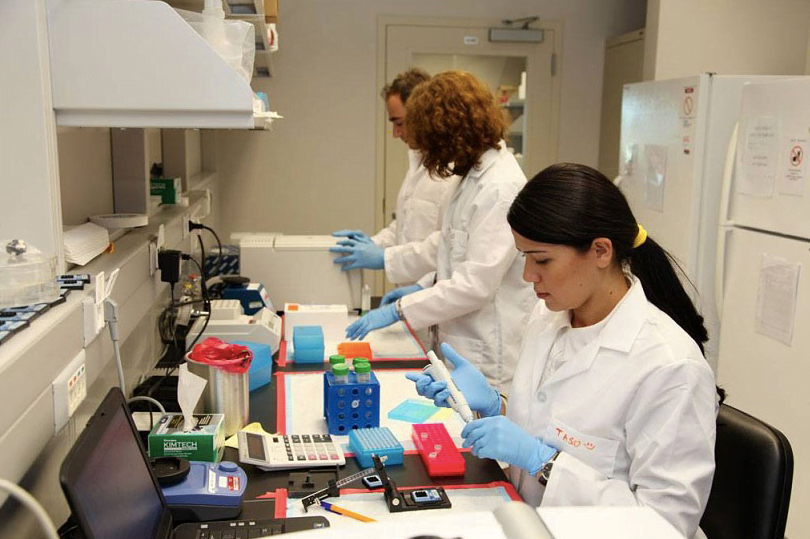The U.S. State Department released a joint statement on 29 August alongside Georgia and several other countries which highlighted the importance of international cooperation for global health security and that such programs are “devoted exclusively to peaceful purposes.”
“The COVID-19 pandemic has underscored the importance of strong national capacities for infectious disease surveillance, diagnosis, and response,” the statement reads.
“International cooperation and assistance play a critical role in building these capacities,” it emphasized and denoted that the aforementioned governments have partnered “openly and transparently” through the Biological Threat Reduction Program under the U.S. Department of Defense Cooperative Threat Reduction Program.
The statement stressed that these partnerships “have nothing to do with weapons… these partnerships protect the health of humans and animals in our countries, including in the prevention, detection, and control of infectious disease outbreaks, and in enhancing laboratory biosafety and biosecurity.”
It underscored that those involved in the program know its relevance for global health security and reducing the impact of infectious diseases on society.
“Our governments strongly affirm the common view that such cooperation should not be undermined but rather promoted and reinforced,” the statement accentuated.
Notably, Georgia’s Richard Lugar Center for Public Health Research, a subsidiary of the Georgian Health Ministry’s National Center for Disease Control, has been a repeated target of Moscow’s disinformation since it opened.
In 2020 for example, Russian ruling party MP Yury Shvytkin went as far as to suggest that chemical nerve agents like “Novichok” — that Moscow is accused of using against its critics — are produced in the U.S. and Georgian labs.
More recently in February 2022 occupied Tskhinvali’s Security Committee (KGB), led by former FSB official Oleg Shiran, claimed that Tbilisi could use the Lugar Center’s research into infectious diseases for “bioterrorism” in the region.
Also Read:
This post is also available in: ქართული (Georgian) Русский (Russian)

